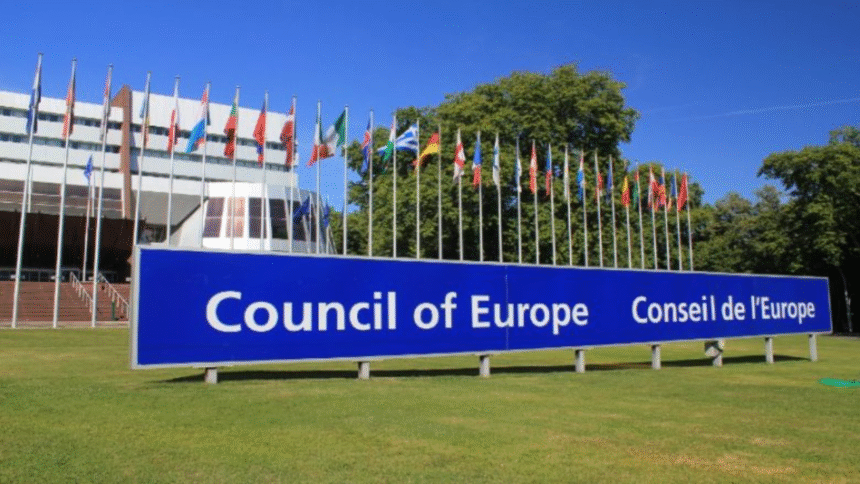Germany’s new government, led by Chancellor Friedrich Merz, is expected to take a more strategic role in shaping the EU’s approach toward the Western Balkans, according to Bodo Weber of the Berlin-based Democratization Policy Council.
Merz was sworn in on May 6, becoming Germany’s 10th chancellor. His government faces immediate questions about its stance on the Kosovo–Serbia dialogue, especially concerning Kosovo’s membership in the Council of Europe (CoE).
Weber criticizes Germany’s past approach, particularly the French-German proposal that he believes dismantled meaningful political dialogue and led to agreements that “do not exist in practice.” He urges a strategic shift in Berlin’s policy—especially toward Serbia and the Vučić regime—to prevent the political process from collapsing.
Asked whether Germany would now condition Kosovo’s CoE bid on the creation of the Association of Serb-Majority Municipalities, Weber noted:
“Unlike Paris, Germany has been softer in conditioning Kosovo’s CoE application. Whether Berlin maintains this approach—especially in the absence of a strategic framework—remains to be seen and will depend on whether it undergoes a strategic policy shift.”
Weber also warned of destabilizing third-party influences in the region, emphasizing the need for a coherent German foreign policy in the Balkans.







